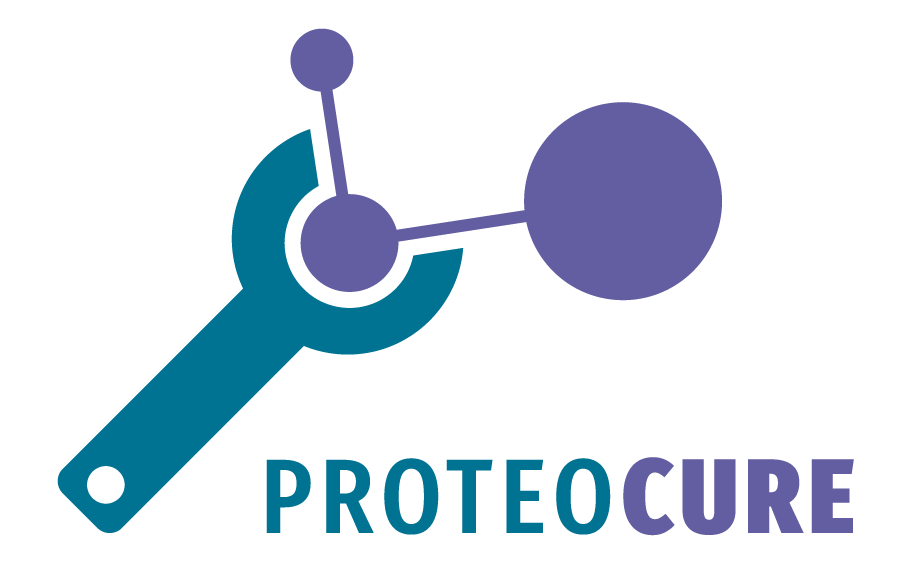
Dr. Ayala Shiber
Thursday, November 14th 2024, at 13:00, CET
A novel quality control pathway on the ribosome dedicated for co-translational protein complex-assembly
Dr. Shiber is an Assistant Professor at the Biology faculty, Technion-Israel Institute of Technology since 2019. Her main research objective is to resolve the long-standing questions: How do cells direct their proteome to fold to their native, functional state and avoid misfolding diseases characteristic of aging. They are exploring the mechanisms guiding the translation, folding and assembly pathways. They are studying the role of the ribosome as a platform for coordinating complex assembly during synthesis, by advanced techniques combining biochemistry and deep sequencing such as selective ribosome profiling, super resolution imaging and ribosome directed proteomics. They are also developing tools for studying single molecule mRNA-protein interactions, in vivo.
Webinar Summary: At the critical junction of translation and protein folding, the ribosome serves as a central hub, orchestrating the actions of various factors that facilitate the maturation of emerging polypeptide-chains. These include modifying enzymes, targeting factors, and folding chaperones. Recently, it was discovered that the assembly of higher-order oligomeric complexes, the final stage of folding, also occurs during protein synthesis. Moreover, subunits prone to misfolding are protected from aggregation and degradation through co-translational interactions with their partner subunits. This raises the question: How does the cell detect protein misfolding before translation is complete? To investigate this, we targeted ribosomes synthesizing misfolding-prone complex subunits. Developing and utilizing a combination of ribosome profiling approaches, including ribosome directed N` degradomics, we were able to discover a novel quality-control pathway, dedicated for complex subunits that fail to assemble into functional complexes. This provides us, direct data on a proteome-wide scale, of novel factors safeguarding the cellular proteome during synthesis. This research can pave the way for development of potential healthcare strategies of disease conditions characterized by protein misfolding.
Link to join the webinar: https://us06web.zoom.us/j/86035124033?pwd=a1fBQBbMVrkEenuAsGOFdaKabWILJs.1

